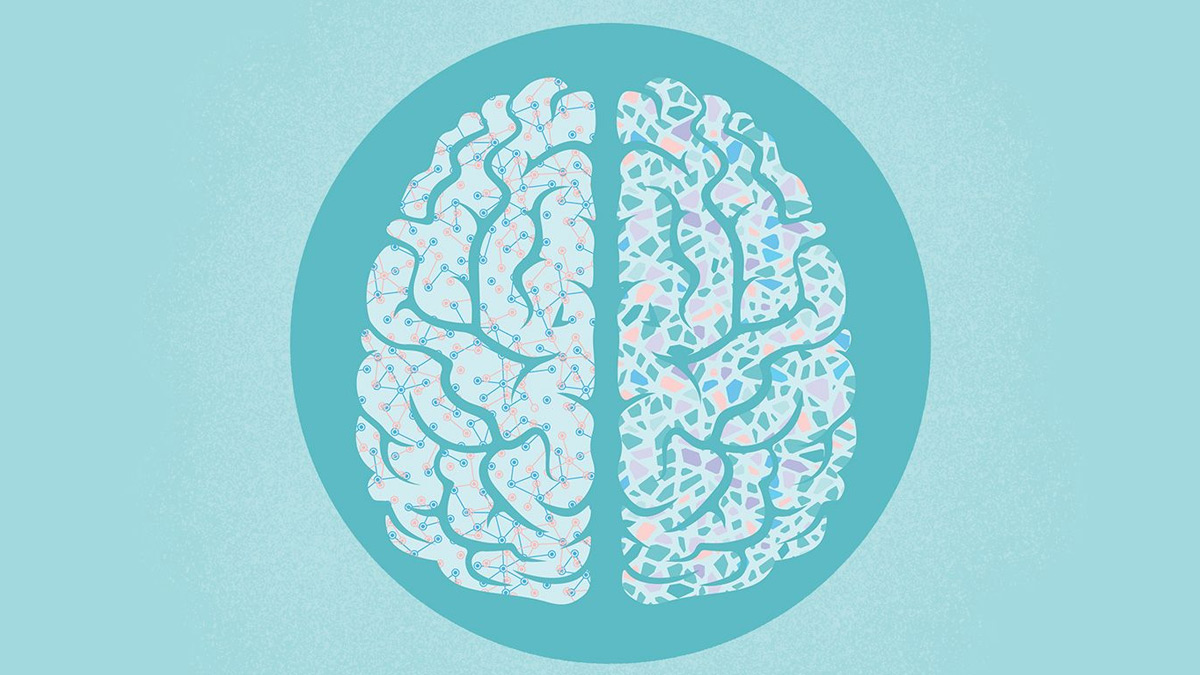
As December rolls in, the holiday season brings with it a sense of excitement and anticipation. With Christmas, New Year’s Eve, and festivities around every corner, the month feels like a long-awaited break. However, despite the festive spirit, many of us notice something strange: a feeling of mental sluggishness. Tasks seem harder to complete, focus wanes, and we may even forget things more often. This is what experts call "holiday brain fog."
Table of Content:-
What Is Holiday Brain Fog?
Holiday brain fog isn’t just a catchy phrase; it’s a real phenomenon that affects many people during the festive season. After a long year of work, responsibilities, and challenges, the prospect of the holidays can overwhelm the mind. While the idea of relaxing and celebrating sounds refreshing, it can often cause stress and disrupt routines.
Brain fog occurs when the brain becomes bogged down by factors such as high inflammation levels, hormonal changes, and accumulated stress. These factors affect mood, energy, and focus, making it harder to concentrate on everyday tasks. Additionally, the body’s rhythm gets disrupted by irregular sleep patterns, changes in diet, and an influx of social events. All these combined can make December feel like a never-ending "Friday" before a long break, where our brains are too distracted to stay fully present.

The Friday Comparison: Mindset and Distractions
Many jokes and memes refer to December as the "Friday of the year," and there’s truth to this analogy. Fridays are often a time to relax and mentally prepare for the weekend. Similarly, in December, we start focusing on the holidays, relaxation, and spending time with family, which can make it easy to lose track of important tasks. The anticipation of upcoming celebrations and breaks leaves us feeling mentally drained, even though we’re technically on the brink of rejuvenation. This shift in mindset contributes to holiday brain fog, making it feel like we’re constantly waiting for the next break, without fully engaging with the present.
Also Read: Sydney Sweeney Silences Body Critics With Fierce Boxing Workout Ahead Of Biopic Role
Causes of Holiday Brain Fog
The holiday season is often filled with irregular schedules, overindulgence in food and drink, and heightened stress, all of which contribute to brain fog. The change in routine—whether it’s late nights, fluctuating meal times, or skipping workouts—can have serious effects on the brain. Sleep deprivation, in particular, is a common trigger. The festive season often leads to earlier mornings for sightseeing, late nights for parties, and more socializing in general, all of which impact the quality of sleep.

Moreover, rich, sugary foods, and alcohol consumption are prevalent during the holidays. These indulgences can exacerbate inflammation levels in the body, contributing to cognitive fatigue. As cortisol levels rise due to stress and lack of rest, our ability to focus and think clearly diminishes, leaving us feeling mentally foggy.
Combatting Holiday Brain Fog
While holiday brain fog can feel overwhelming, there are several strategies to help combat it and improve mental clarity during this busy time.
Also Read: Breakthrough Hepatitis B Vaccine Provides Enhanced Protection for People with HIV
Maintain a Regular Sleep Schedule
Even though it’s tempting to stay up late at parties or to shop for last-minute gifts, sticking to a consistent sleep routine can prevent fatigue and help maintain focus.
Incorporate Relaxing Activities
Engage in activities that help calm your mind and reduce stress. Yoga, meditation, and even reading a book can allow you to unwind and recharge.
Stay Hydrated
Dehydration, particularly with the increased consumption of alcohol and coffee, can worsen brain fog. Ensure you drink enough water throughout the day to keep your mind sharp.
Balance Diet with Healthy Foods
While it’s easy to overeat during the holidays, try to balance indulgent treats with nutritious options. Include fruits, nuts, and leafy greens in your meals to maintain energy levels and support brain health.
Physical Activity Boosts Mental Clarity
Engaging in even short bursts of physical activity, such as a daily walk, can enhance circulation and help clear your mind. Physical movement can help reduce stress and improve cognitive function.
Simplify Tasks
Overcommitting during the holidays can lead to burnout. Use to-do lists to stay organized, and don’t be afraid to set boundaries to prevent overwhelm.
Bottomline
Holiday brain fog is a common experience that many people face in December, as the combination of stress, disrupted routines, and indulgent habits takes a toll on mental clarity. However, with some conscious effort, it’s possible to navigate this time of year with greater focus and energy. By sticking to healthy habits, prioritizing rest, and simplifying tasks, you can combat the mental sluggishness that often accompanies the festive season, allowing you to truly enjoy the holidays while feeling mentally sharp.
Also watch this video
How we keep this article up to date:
We work with experts and keep a close eye on the latest in health and wellness. Whenever there is a new research or helpful information, we update our articles with accurate and useful advice.
Current Version